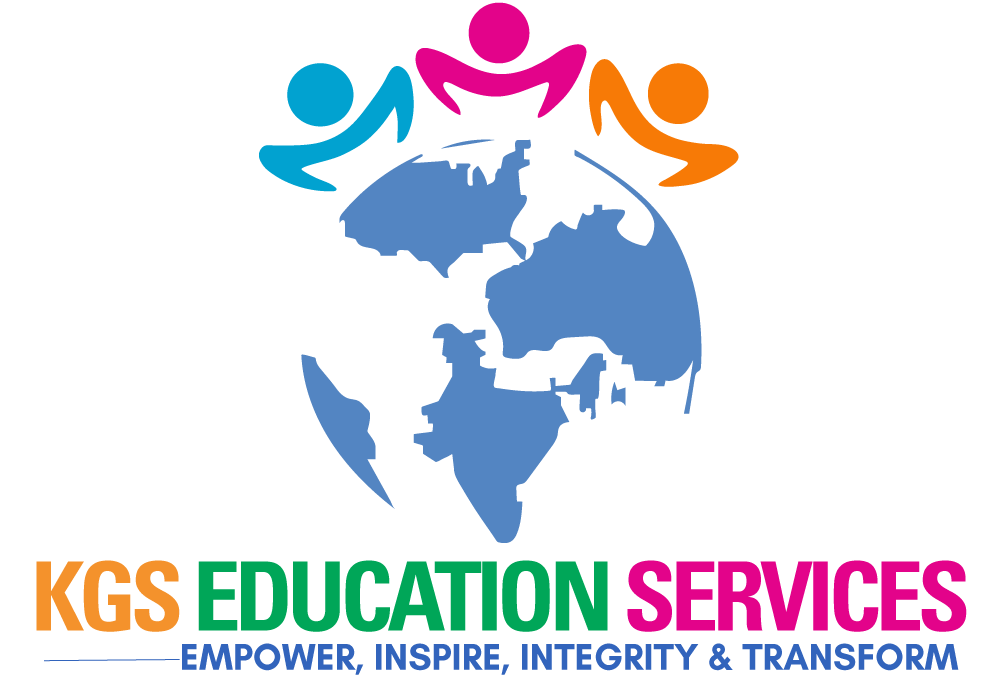Introduction:
In today’s rapidly evolving world, STEM (Science, Technology, Engineering, and Mathematics) education plays a crucial role in preparing students for future careers and equipping them with essential skills for success. However, engaging students in STEM subjects can sometimes be challenging due to perceived difficulty or lack of relevance to their daily lives. In this article, we explore effective strategies for making STEM education more relevant, engaging, and accessible to students, fostering a love for learning and inspiring the next generation of innovators.

Real-world Connections:
- One of the most effective ways to make STEM education relevant is by emphasizing real-world connections. Teachers can integrate real-life examples, case studies, and hands-on activities that demonstrate how STEM concepts are applied in various industries and everyday scenarios. By showing students the practical relevance of STEM subjects, they can better understand their importance and relevance to their lives.
Project-based Learning:
- Project-based learning (PBL) immerses students in authentic, real-world projects that require them to apply STEM concepts to solve problems or address challenges. By engaging in hands-on, inquiry-based activities, students develop critical thinking, problem-solving, and collaboration skills while exploring STEM concepts in context. PBL fosters curiosity, creativity, and a deeper understanding of STEM subjects by providing meaningful learning experiences.
STEM Career Exploration:
- Introducing students to diverse STEM career pathways can make STEM education more relevant and engaging. Guest speakers, career fairs, and field trips to STEM-related workplaces expose students to the wide range of professions available in STEM fields, inspiring them to pursue their interests and passions. Additionally, mentorship programs and internships provide valuable opportunities for students to gain practical experience and insights into STEM careers.
Technology Integration:
- Incorporating technology into STEM education can enhance engagement and relevance for students. Interactive simulations, virtual labs, educational apps, and online resources allow students to explore STEM concepts in dynamic and immersive ways. By leveraging digital tools and resources, teachers can create interactive learning experiences that cater to diverse learning styles and interests, making STEM education more accessible and engaging.
Culturally Relevant Pedagogy:
- Recognizing and incorporating students’ cultural backgrounds, interests, and experiences into STEM education can increase relevance and engagement. Teachers can incorporate culturally relevant examples, contexts, and perspectives into STEM lessons, making learning more meaningful and relatable for students from diverse backgrounds. By promoting inclusivity and cultural responsiveness, educators can create an environment where all students feel valued and empowered to succeed in STEM.
Authentic Assessment:
- Rethinking assessment practices to align with real-world expectations can enhance the relevance and authenticity of STEM education. Instead of traditional tests and quizzes, teachers can assess students’ understanding through performance tasks, portfolios, presentations, and project-based assessments that require them to apply STEM concepts in authentic contexts. Authentic assessment promotes deeper learning and provides students with opportunities to showcase their skills and creativity.
Conclusion:
By implementing these strategies, educators can make STEM education more relevant, engaging, and accessible for students, inspiring them to become lifelong learners and future innovators. By emphasizing real-world connections, fostering inquiry-based learning, exposing students to diverse STEM career pathways, integrating technology, promoting cultural relevance, and implementing authentic assessment practices, educators can empower students to explore their interests, develop essential skills, and unlock their full potential in STEM fields. Through meaningful and relevant STEM education experiences, students can develop the knowledge, skills, and confidence needed to thrive in an increasingly complex and interconnected world.



